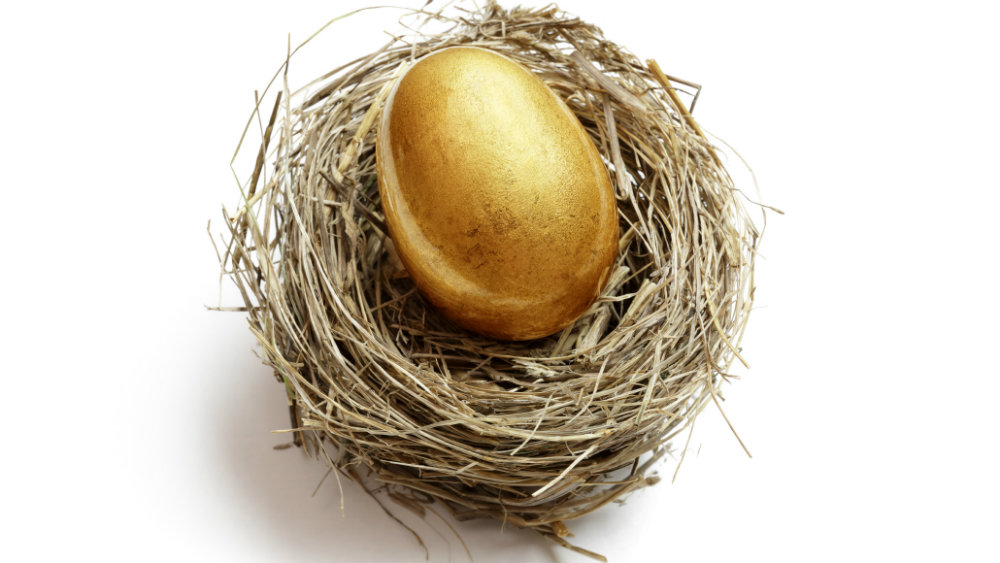For some reason, $1,000,000 is often seen as the magic number to retirement. Perhaps it’s the first seven-digit number and certainly a milestone to be proud of. Is it really enough, though? You may be surprised. For some retirees, it is an excess of what they need.
Why $1,000,000 may not be your magic number to retirement
There are too many factors affecting one’s “magic number” to retirement. A retiree plagued with long-term sickness will necessarily be spending more on medical costs than someone healthy. Where you live in retirement will affect how much you would be spending as well. The cost of living is expected to be much higher in Vancouver and Toronto than in suburban geographies, for example.
The rate of return you materialize is another factor. Retirees who are comfortable with investing a big portion of their retirement fund in a diversified basket of quality stocks should generate higher returns than more conservative retirees who maintain a big portion in GICs.
Your retirement lifestyle will also affect how big a retirement fund you need. For instance, if you have a money-making hobby, you’re going to earn extra income compared with your neighbour who doesn’t work. Retirees who are traveling around the world would probably spend more than those who feel perfectly fine staying in their neighbourhood.
In summary, there is no magic number to retirement because everyone has a different concept of the best retirement lifestyle. However, it’s always good to have excess so that you never run out of money, and you can leave a legacy for the next generation or donate to the charities of your choice when the time comes.
How much do YOU need to save for retirement?
If you have decades until retirement, it seems impossible to project how much you would actually need for retirement. It’s never too early to save and invest for retirement, though.
Generally, a good start is to have an investment portfolio that can generate income to cover your expenses. Start doing this way before retirement and you’re set up to succeed. Imagine you have grown comfortable with stock investing in your early years. When you retire, it would be a cinch to continue maintaining your portfolio for above-average long-term returns.
One straightforward way that could work beautifully is by building a solid dividend stock portfolio early on. For example, folks who bought shares of defensive Fortis stock 20 years ago for an initial yield of over 5% would be sitting on a yield on cost of about 23%!
The actual percentage is irrelevant because it would change dramatically if they had been adding to the position over the years (hopefully when the dividend stock was cheap). The point is that Fortis stock is a high-quality, low-risk dividend stock with the ability to continue growing its dividend every year. For would-be retirees looking to generate a sleep-well-at-night passive income, Fortis is the kind of dividend stock to own.
To be clear, you can aim to replace your recurring bills one by one with growing dividend income across a diversified portfolio of safe dividend stocks. It’s as easy as ever to invest with online brokerages.








